How ‘Fire Emblem: Awakening’ Revitalized the Series, 10 Years Later
Time to romance Chrom again!
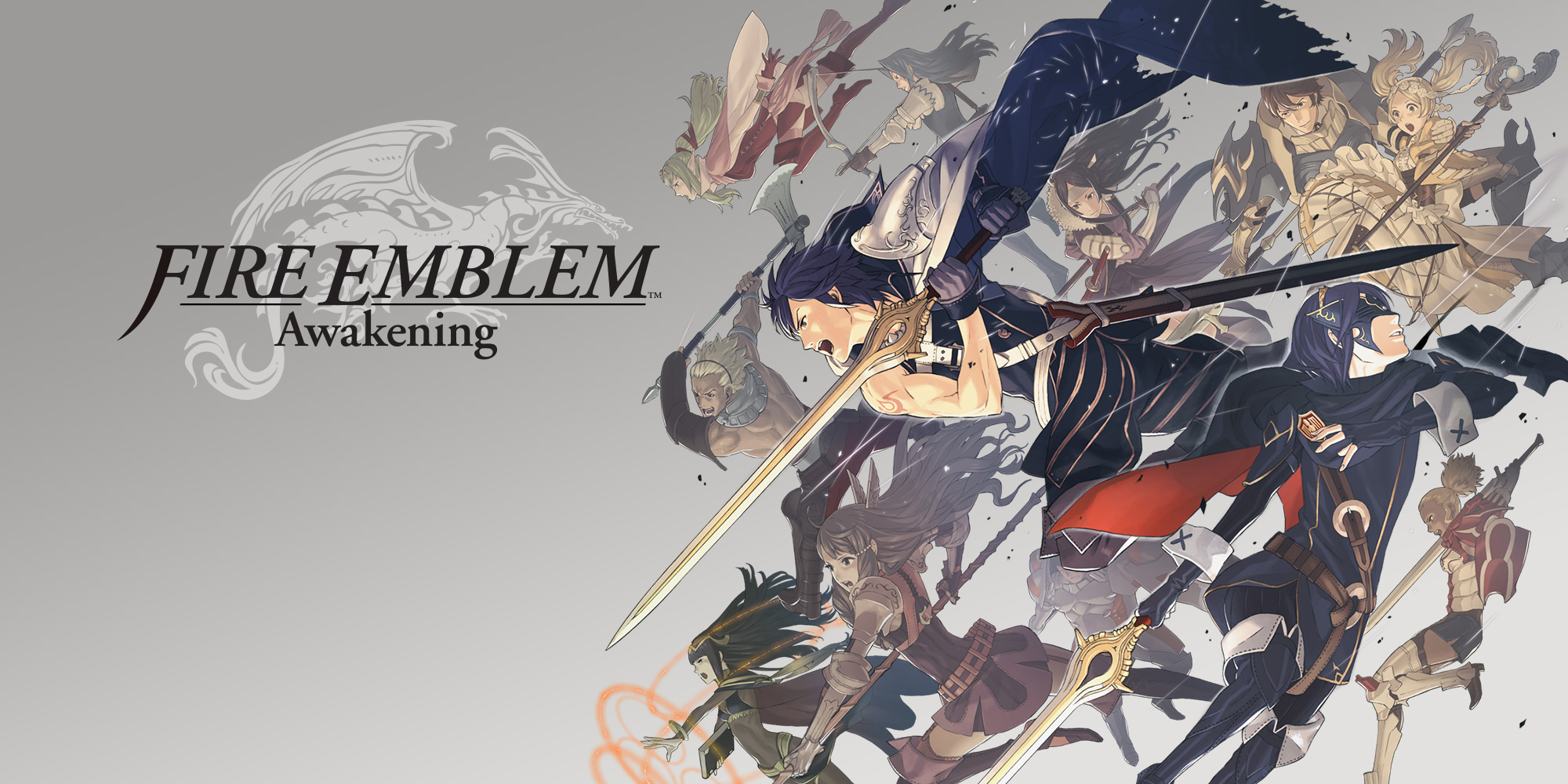
Happy Anniversary, Fire Emblem: Awakening!
It’s been ten years since the acclaimed Nintendo 3DS title was first released in Japan, and in those ten years, the Fire Emblem series has changed quite a bit. Whereas it was once a strategy game with some anime-ish leanings for aesthetic purposes, it’s now leaned into those aesthetics with vigor—because that’s what sells, baby!
Awakening is often considered the game that saved the franchise, and ten years later, its influence is still apparent for anyone who plays a modern Fire Emblem game. Let’s take a trip down memory lane, and see how it stacks up today.
One Last Try
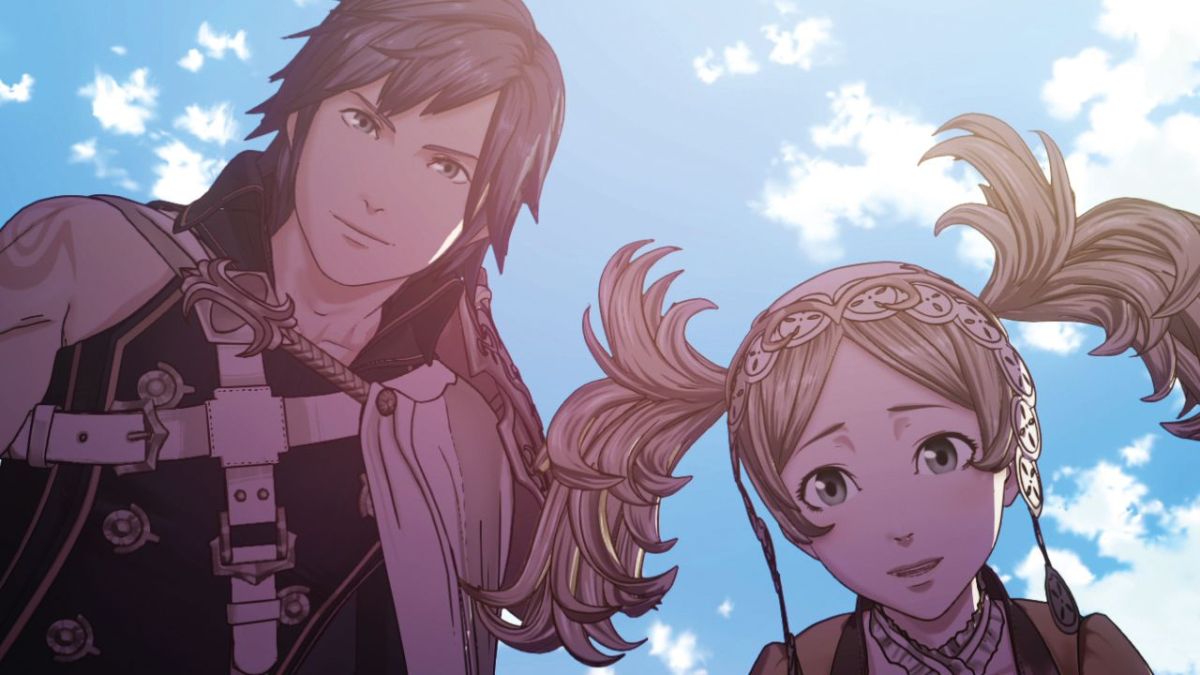
Although the franchise had a dedicated fanbase even before Awakening, it wasn’t enough to keep it alive, as sales weren’t as impressive as Nintendo would have liked. Previous games were considered “too difficult” for a modern audience, and so Intelligent Systems decided to mash everything that worked in past games together in order to send off the series in the best possible way.
What they didn’t anticipate was the game selling two million copies and becoming one of the best games in the 3DS pantheon, nigh on a flagship, must-buy title. Part of this is due to their willingness to lower the difficulty, introducing a Casual Mode for the first time (which prevented units from dying permanently), and part of this was also due to an increased ad campaign on Nintendo’s part.
Maybe I’m a sucker, but I like to think that the biggest factor in this revitalization came from the following …
Tender Love and Support
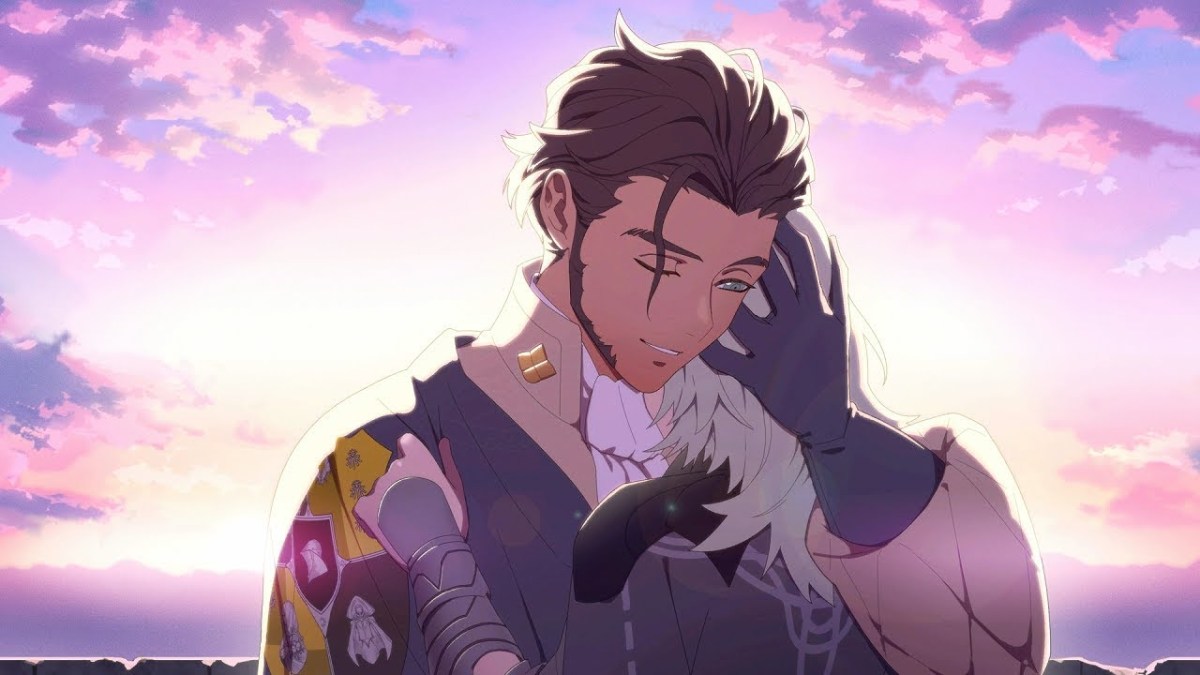
Before Awakening, supports between units were difficult to gather and not nearly as fleshed-out. You could learn a lot about the characters in your party by doing so, but the effort it took to collect these supports often felt cumbersome.
Awakening completely revitalized this system by making supports a crucial part of the gameplay, since having units pair up (also a new feature!) and get to know each other could result in brand new characters coming around later on. The child system was a bit controversial for some players, but I personally found it incredibly fun and satisfying, seeing your efforts pay off and watching your favorite couples awkwardly dance around their future kid.
As well as this, although the writing between pairs wasn’t as refined as it is in modern FE games, Awakening’s style was utterly charming and adorable. I remember when the game first came out, I was on a self-imposed video-game prohibition, so I had to resist the very strong urge to buy this title. But you can bet your ass I still watched all the supports on YouTube, and when I finally bought the title years later in college, I spent hours matching my units for the perfect blend of chemistry and battle prowess.
This decision was ultimately, in my opinion, an incredibly wise one on IntSys’ part, because it opened up the FE franchise to people who’d have never considered it before. Call it cringe, call it fringe, but romances and relationships are some of the most popular RPG mechanics of the modern age, not because we’re touch-starved little gremlins, but because it’s just fun to see onscreen. Even during the highest highs of my last relationship, I still got all giggly when I watched Chrom and Robin fumble their way into a relationship. And when that relationship ultimately ended, I got more joy out of (later) pairing Byleth and Claude in Three Houses than hopping back on the dating pony.
Plus, it’s not like the renewed emphasis on uwus completely killed the other parts about the franchise that fans loved. Ultimately, it was still a Fire Emblem game, reduced difficulty be damned.
Saving Private Donnel
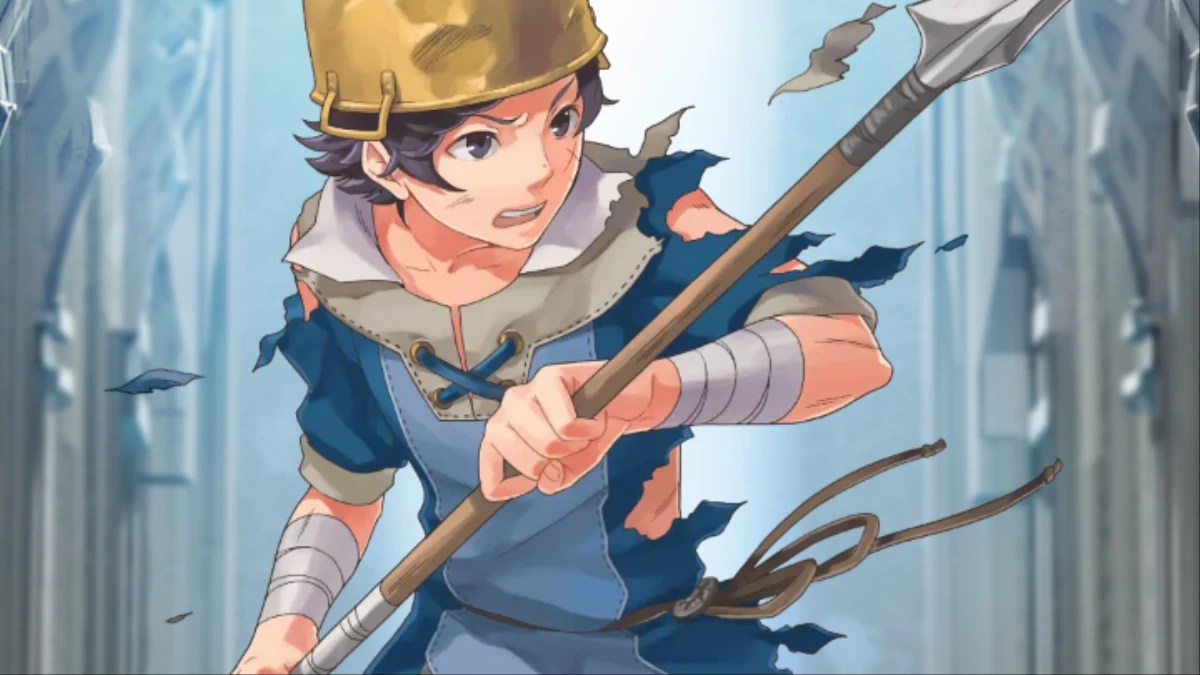
My favorite example of this is with Donnel. Sweet, sweet Donnel, ye of the bucket hat and Bible-Belt accent. The first time I played Awakening, this scrappy lil’ boy get benched HARD. And I always felt bad about it, because even though he’s an abysmal early unit, I got the sense that he had a larger role to play.
Ultimately, that gut feeling proved to be right, because in my next playthrough, I kept him saddled to Big Boy Frederick and forced him to level up in every map. And oh, my god, the boy became a relentless killing machine.
I have seldom been as satisfied in a video game as seeing Donnel, of all people, become my third best unit (falling short only of Chrom and Robin, who are designed to be unstoppable). And this sense of accomplishment was only amplified when I paired him with Maribelle to make him Brady’s daddy, and I watched as Brady slammed his way through each map wielding only a ladle and a low-level healing spell. He’s Donnel’s boy, after all, what did you expect?
But this is what so many longtime fans love about the series, that feeling of satisfaction watching your carefully-raised units go to town on a bunch of baddies with the flourish of a magical girl. It’s why people love re-classing everyone in Three Houses into Wyvern Lords: it’s so utterly cool seeing your efforts pay off in such a bombastic way. And I like to think, this feeling of satisfaction is only amplified by making your characters more fleshed-out, as Awakening attempted to do.
I mean, imagine if Dimitri or Edelgard were still the unstoppable killing machines they are, but their personalities were reduced to the likes of Roy and Marth. Would we still care as much? Eh, maybe some of us, but the fangirls who carry the merch sales would certainly turn their attentions elsewhere.
And now?
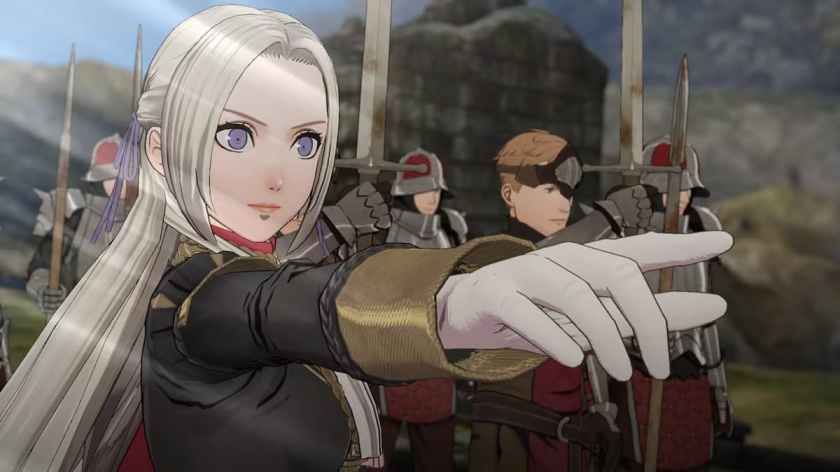
Comparing Radiant Dawn to Fates is like comparing plantains to bananas. If Ike is the plantain, versatile and classic, then Camilla is the banana—no, I will not elaborate.
What I’m trying to say is, Awakening laid the groundwork for future FE titles in a major way, and it absolutely shows in the build-up to Three Houses. The last two 3DS titles for the franchise, Fates and Shadows of Valentia, feel experimental in retrospect, an attempt on IntSys’ part to see where exactly they could take the series. Fates was a somewhat capitalistic attempt at the branching-paths gimmick, with horrendous storytelling but impeccable map design. Echoes was a storytelling masterpiece with gameplay that felt less inventive and more like a return to the familiar. Both really leaned into the characterization emphasis that Awakening displayed, with Fates having a huge roster for supports, and Echoes completely revitalizing old characters from its original game.
All of this led to Three Houses being what it was: a narrative-branching adventure with a huge emphasis on relationships and slice-of-life moments, which turned off some dedicated fans, but introduced new ones in spades (myself included). It took a note from its contemporary, Persona 5, and ultimately became one of the Switch’s flagship titles—much like its older sibling, Awakening.
This trend for the franchise is a good one, the trend of inventing and expanding upon its already-popular mechanics. And while it may fall short of the mark here and there (i.e. with Fates and this … problematic scenario), ultimately the series seems keen on learning and growing with each title.
Awakening made this possible. I see no problems for the franchise in the foreseeable future, and we owe a lot of that to this ragtag 3DS title. We love you, Awakening–happy 10 year anniversary!
(Featured Image: Nintendo, Intelligent Systems)
Have a tip we should know? [email protected]
